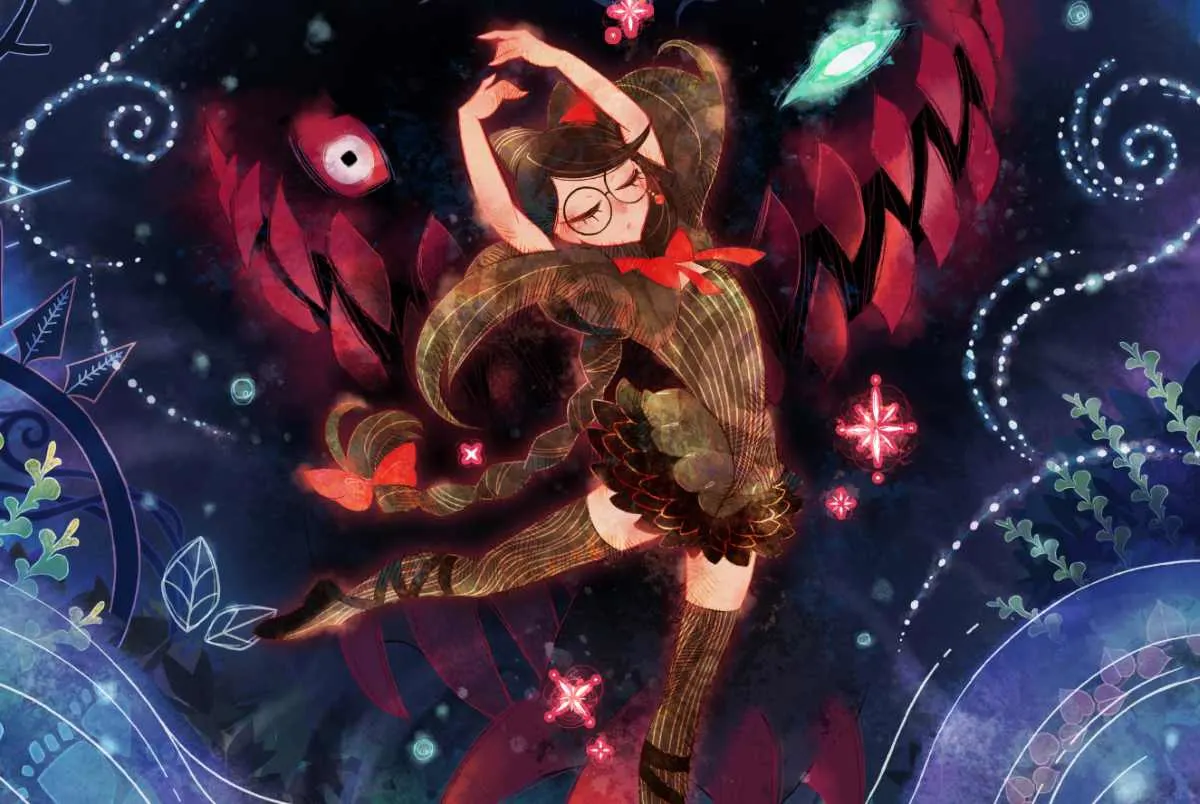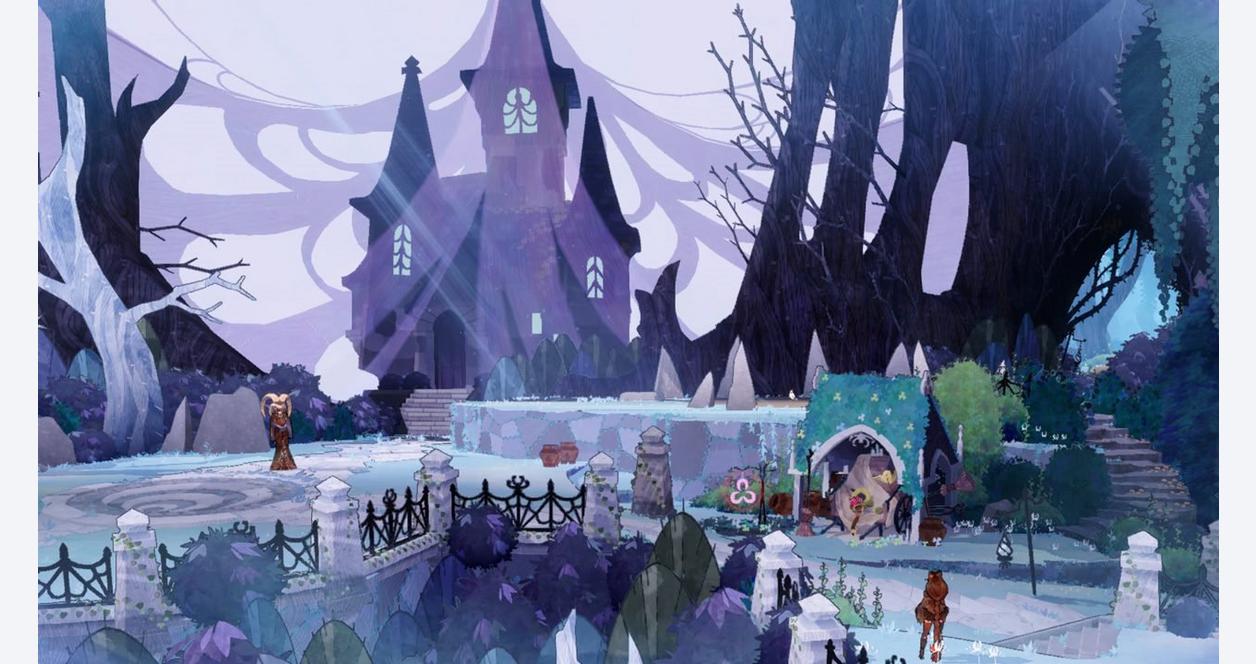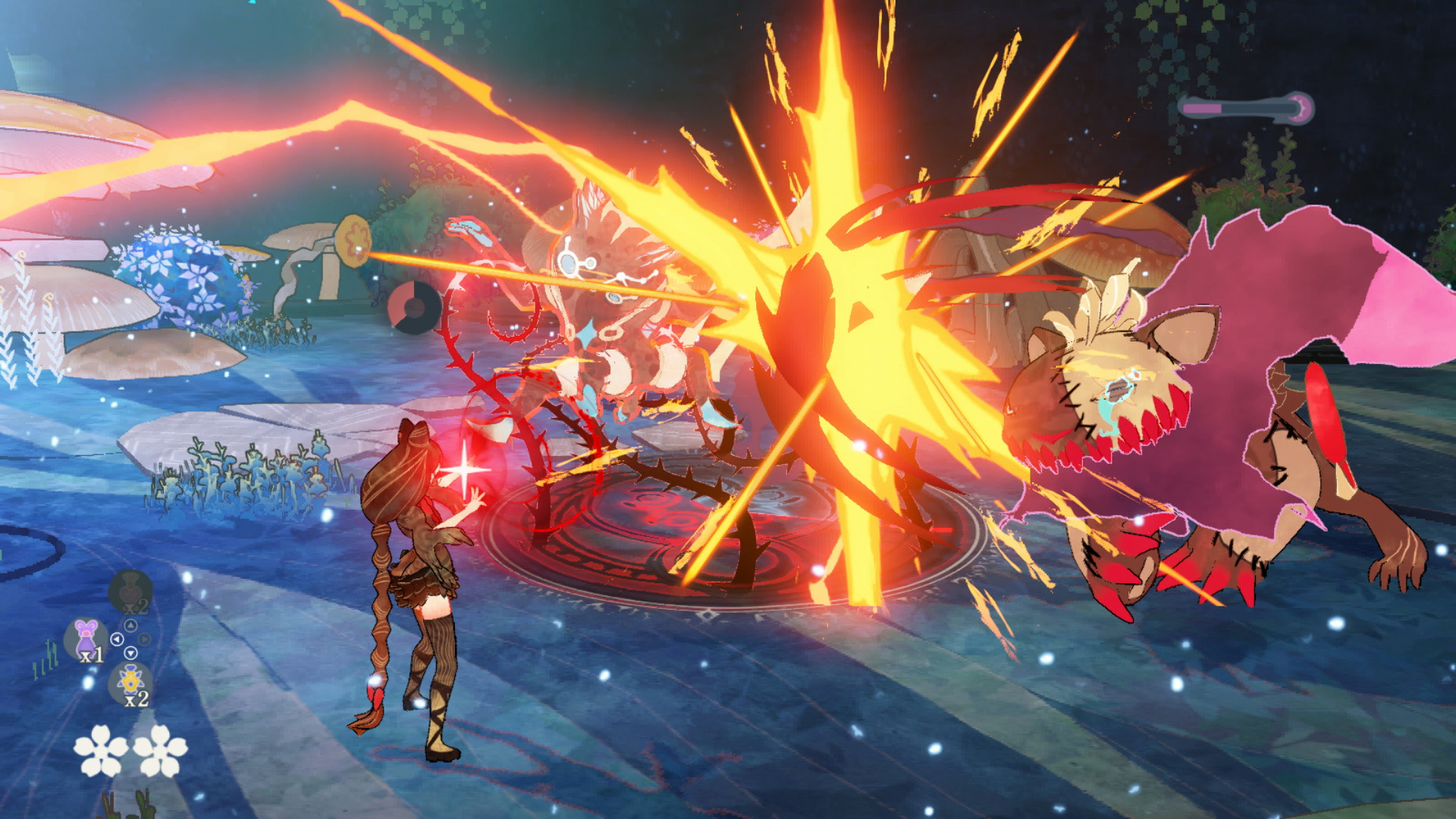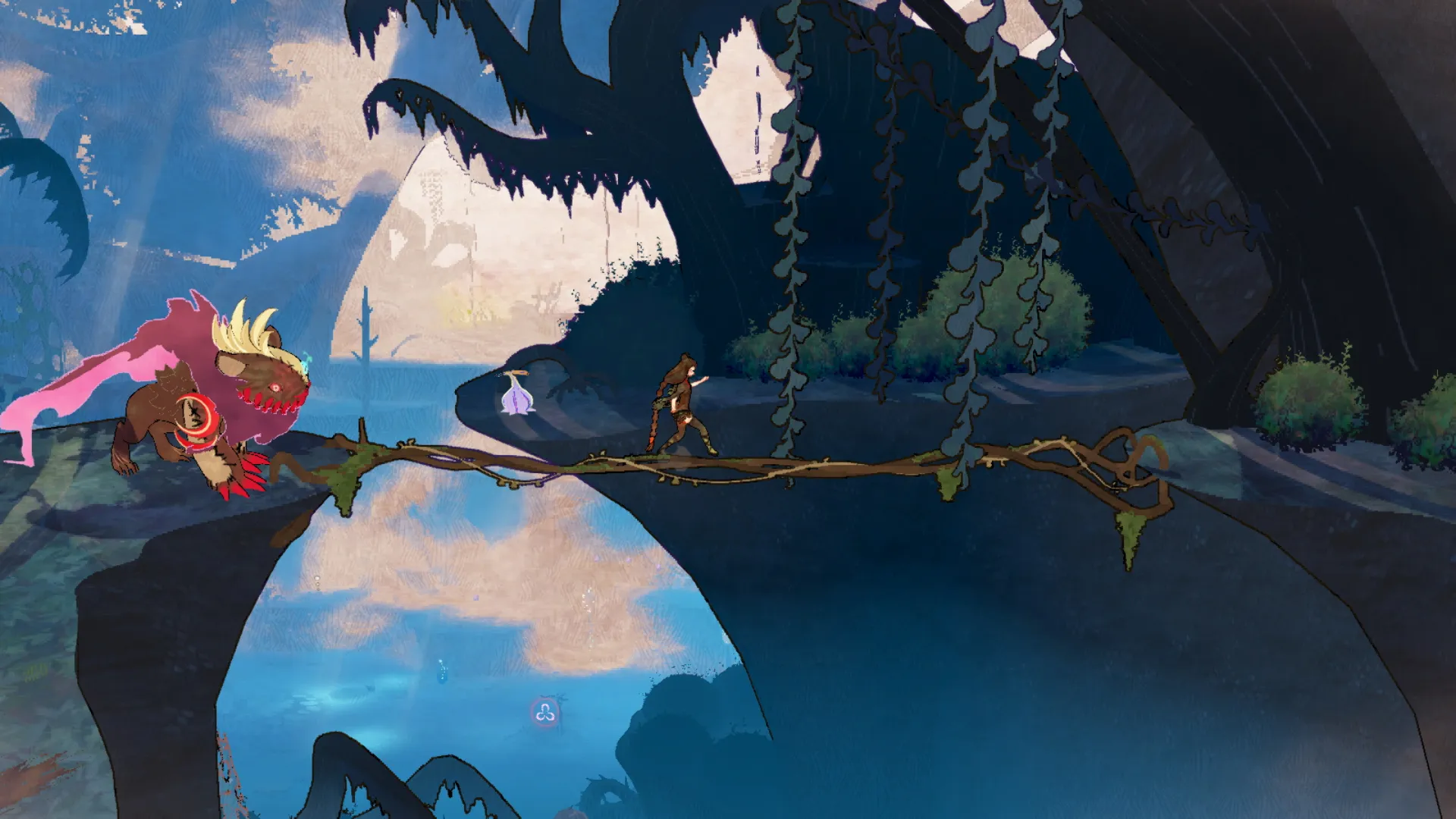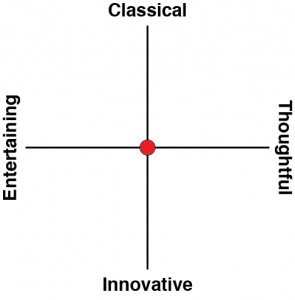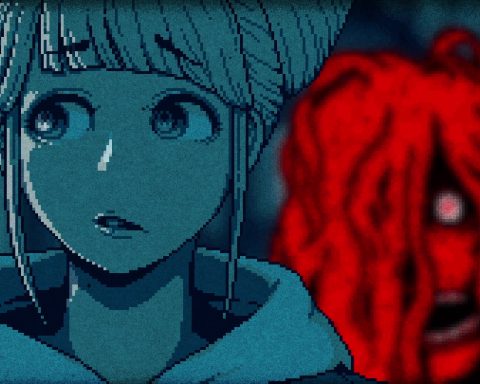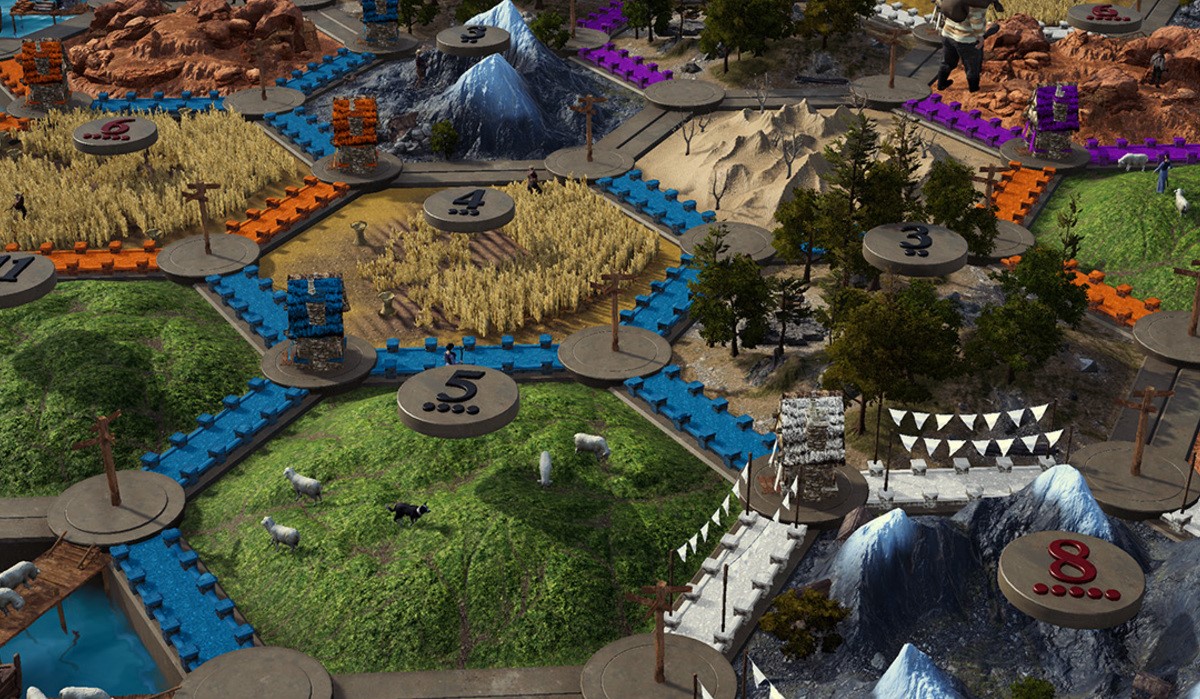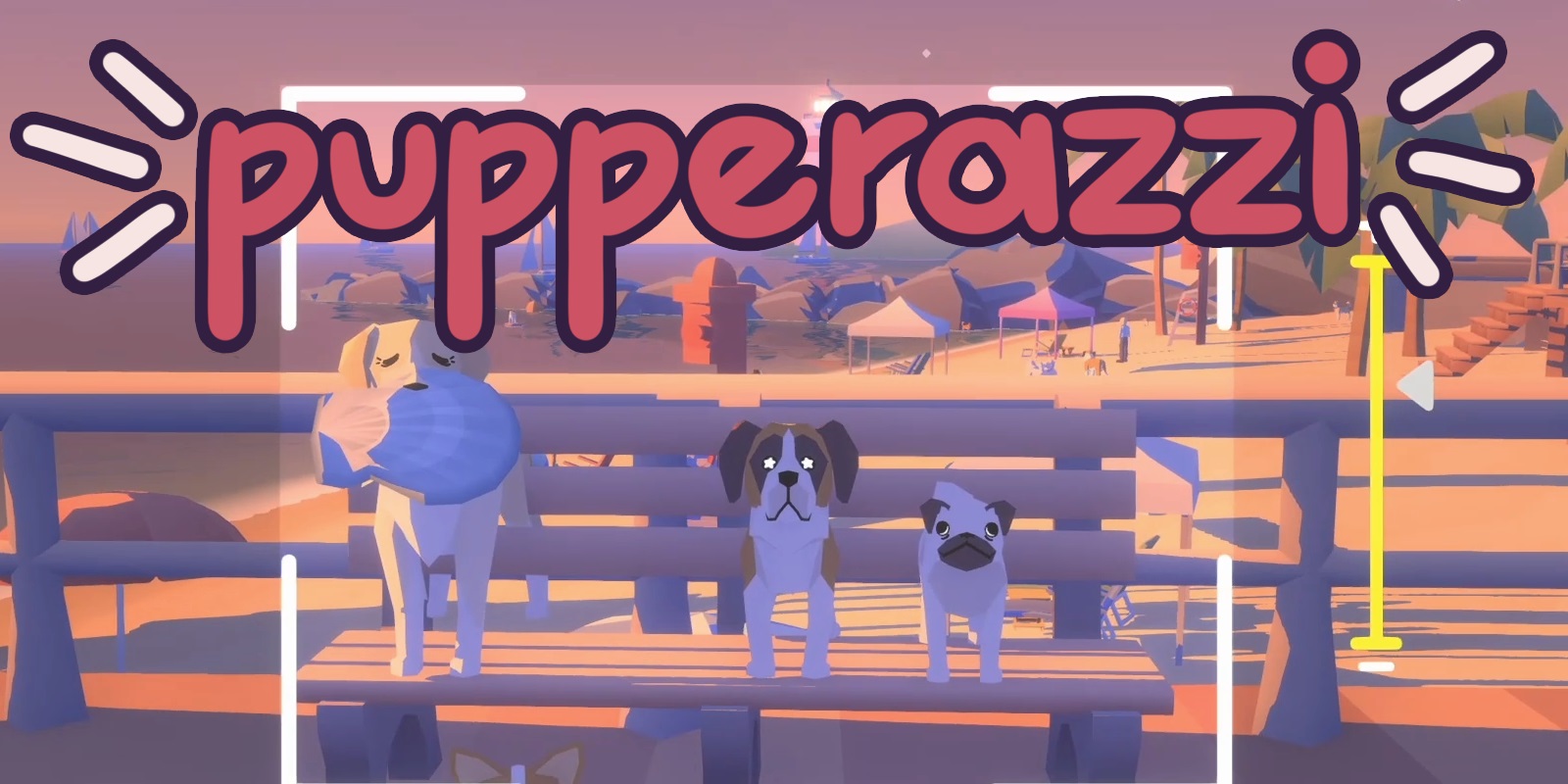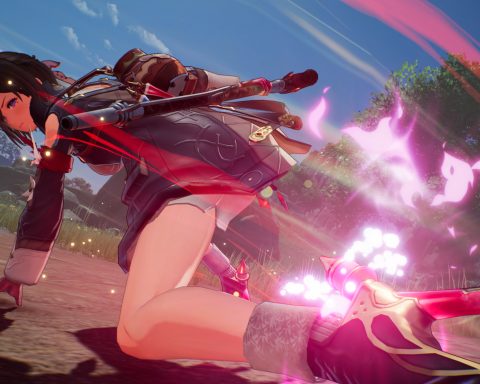There are so many ways that Bayonetta Origins: Cereza and the Lost Demon could have fallen flat. Being so utterly different from the existing Bayonetta trilogy it could have disappointed players. It also offers a form of gameplay that is very hard to get right, too. And yet, it is an excellent and certain-to-be-underrated effort by PlatinumGames and a good example of how that studio, at its finest, remains the most purely creative ideas team working in action gaming.
While each title in the Bayonetta trilogy is best described as a “Devil May Cry-like,” Origins has more in common with Brothers: A Tale of Two Sons from about a decade ago. Players are, for the most part, tasked with controlling two characters individually – a very young Bayonetta (Cereza, to use her proper name, but I can only think of her as Bayonetta) with one control stick, and her stuffed toy-cum-demon, Cheshire, with the other. At this stage in her life, Bayonetta isn’t the confident warrior that she would later become, and early on, in a moment of panic when facing some hostile fairies, she summons the demon into her teddy bear. That bear becomes a monstrous fighter, which dedicates itself to protecting the girl, and off they go on their adventure to try and find Bayonetta’s mother.
You’ll use this team to navigate through a series of puzzles and combat situations. Bayonetta isn’t useless, as she has her dances. These dances each create magic effects and can help both with puzzles and making enemies easier for the more brutish and straightforward Cheshire to deal with. Normally I’m not a fan of this kind of game. I enjoyed Brothers for the artful thing that it was, and the story it told, but as a game, the “pat your head while rubbing your belly” mechanic has always frustrated, rather than delighted me. I’m very right-hand dominant, to the point that I simply play badly when my left-hand needs to work out of synch with my right, and so I’m absolutely terrible at these kinds of games.
Bayonetta Origins isn’t necessarily easier than other examples of this, but it’s a bit better balanced to give the characters distinct roles. This means I can shift my attention between them a bit more flexibly when I need to. I was less frustrated as I played, in other words, and could better enjoy the dynamics of the action and the puzzles. Platinum is always going to be more noteworthy when it comes to action gameplay, but even the puzzles were enjoyable enough this time around, and provided some much-needed variety to events.
Another area where the game could have way (way) too easily fallen down was the developer’s decision to take the character of Bayonetta, and put her in a bildungsroman. Make no mistake, the narrative structure of Origins is that of a very traditional bildungsroman. Bayonetta is presented as a naïve young girl who is set on a journey of discovery – both literally and metaphorically – which shapes the person she’ll become. The developers have even leaned heavily into the fairytale aesthetic to back this up. Where the grown-up Bayonetta trilogy plays out like a subversion of biblical storytelling, Bayonetta Origins is instead akin to the Grimm fairytales. That is the perfect pairing for the bildungsroman, because those stories are generally matters of innocence lost and children being forced to rapidly come of age. They play in the same sandbox. It’s why so many modern bildungsromans do adopt that Grimm-like blend of dark whimsy, intimidating aesthetic and particular narrative tone.
So Origins is, as a work of narrative, a world apart from grown-up Bayonetta, but that’s not in itself why this was such a creative risk. The real creative risk was that adult Bayonetta is an unrepentantly adult character. In many ways, she’s defined by her sexuality and this is critical to her distinctive identity within the world of video game characters. Without getting into the endless debate that pops up every time the character is mentioned, Bayonetta is presented as a highly empowered and deeply sexual being, whose very femininity and sexuality are some of her most powerful weapons.
It goes completely without saying that attempting to replicate that characterisation would have been wildly inappropriate for Bayonetta Origins, I also found myself wondering if its absence was going to make the link between this game and the others too obtuse. Without the very Bayonetta characteristics to establish Bayonetta’s identity, what, if anything, is left, and is the pathway from this sweet and innocent girl to the strutting, powerful witch that she will become clear enough to be believable? That could not have been an easy creative challenge, but the writers of Bayonetta Origins handled it masterfully. No spoilers here, but this coming-of-age story does answer so much that the next time you replay the original Bayonetta titles, you’re going to have a new level of appreciation for the overall character and her situation.
There are just two things that I wasn’t much of a fan of in Bayonetta Origins, and in both cases, it was because I thought they were unnecessary to the point of distraction: One is backtracking. It’s not a “Metroidvania” by any means, but there are some areas that you won’t be able to open up until later. For a game that could have very easily been a narrative-driven, linear adventure experience, this (admittedly and thankfully limited) backtracking comes across as a mild effort to pad out the raw length of time that you spend playing. It is by no means the most egregious example of this out there in the world of video games, so I’m not coming down too hard on it. However, I really wish game developers were able to make games that were only as long as they needed to be, without padding.
The other was the Tír na nÓg puzzle rooms, which draw Bayonetta and Cheshire into a different dimension to complete a specific challenge. Now, in fairness, these kinds of challenges are in the Bayonetta trilogy too, so it is justified to link the overall series together through this feature, but again it comes across as a kind of padding that, in effect, does little more than pulls people out of the main adventure for a while. I miss the days when game developers could produce a focused experience without all these unnecessary side distractions just for the sake of adding to the perceived “value for money.” Bayonetta Origins is at its peak when it’s on the narrative-driven experience. Every moment that diverts attention from the narrative detracts from the experience.
Those gripes are minor indeed. Bayonetta Origins is a far more brilliant addition to the Bayonetta character and mythos than I would have ever guessed it could be. It’s by turns sensitive, charming, exciting and dramatic. The game gives Bayonetta depth and adds so meaningfully to the world and story of this incredible character. This is essential. It’s not a “spinoff.” It’s a critical addition to the franchise. PlatinumGames has truly delivered something both surprising and special with this effort.
